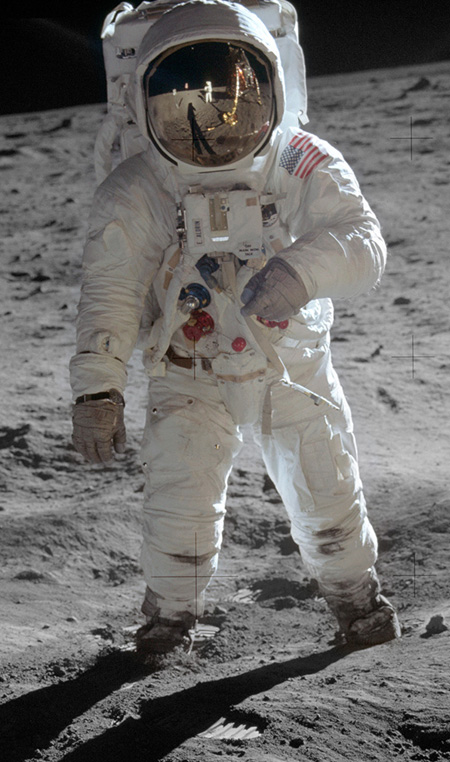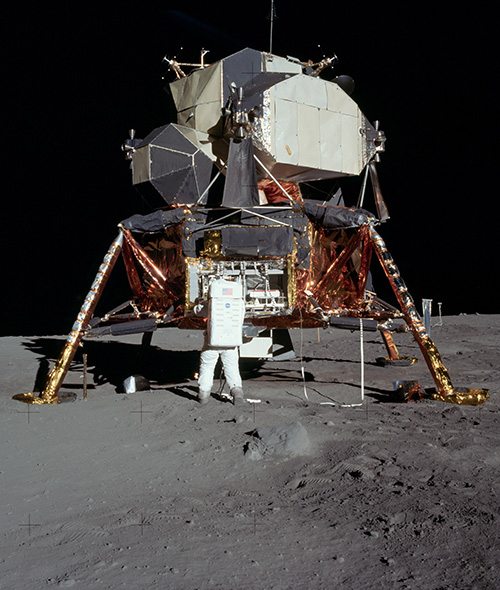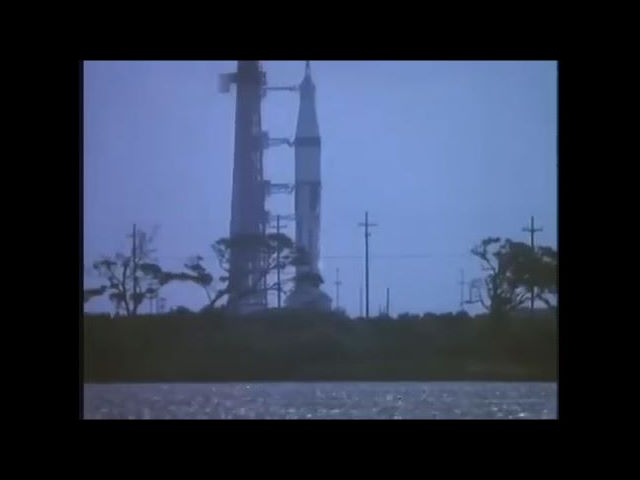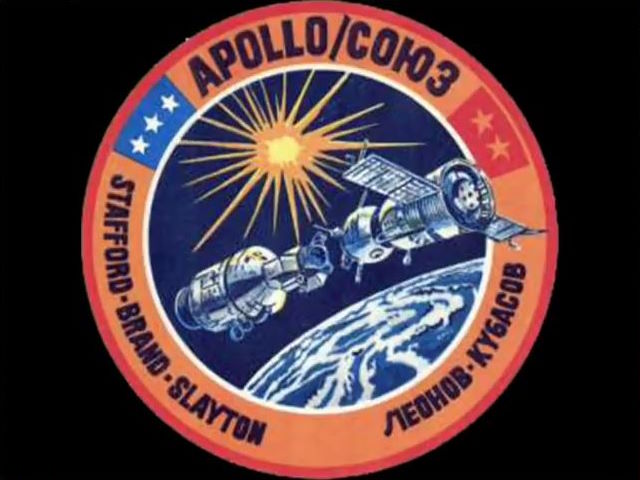The Apollo Program
The Apollo Program, initiated by NASA in the 1960s, was a monumental space exploration effort that aimed to land humans on the Moon and safely return them to Earth. Conceived during the height of the Cold War, it was a direct response to the Soviet Union's early successes in space exploration, with President John F. Kennedy setting the ambitious goal of landing on the Moon by the end of the decade. The program embodied technological innovation and human endurance.

Spanning from 1961 to 1972, the Apollo Program consisted of 17 missions, with the most famous being Apollo 11. On July 20, 1969, Neil Armstrong and Buzz Aldrin became the first humans to walk on the lunar surface, while Michael Collins piloted the Command Module in orbit around the Moon. Armstrong's iconic words, "That's one small step for man, one giant leap for mankind," symbolized the culmination of years of effort and the triumph of human ingenuity.
The program utilized the Saturn V, a powerful multi-stage rocket that remains one of the most significant engineering achievements in history. The missions also provided invaluable scientific data, including lunar samples and photographs that deepened our understanding of the Moon's composition and geology. Later missions, such as Apollo 15, focused more heavily on scientific exploration, using tools like the Lunar Roving Vehicle to cover greater distances on the lunar surface.
The rocket engine displayed here belongs to the predecessor of the Saturn V, the Saturn IB, which paved the way for the larger lunar rocket.
The Apollo Program achieved six successful Moon landings, contributing to advancements in science, engineering, and technology. Beyond its technical feats, Apollo fostered global inspiration, demonstrating what humanity could accomplish through determination and collaboration. Though the program ended in 1972, its legacy continues to influence modern space exploration efforts, serving as a foundation for NASA's Artemis program, which aims to return humans to the Moon and eventually prepare for missions to Mars.

Videos

